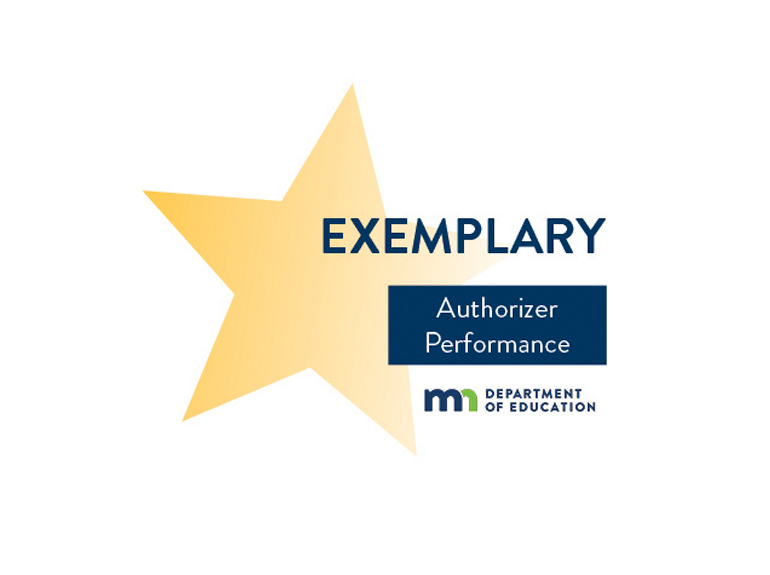Charter Schools FAQs
A charter school is a free, public school open to any student who wishes to enroll. Charter schools receive additional flexibility under Minnesota Statutes 124E.01 and in return are held accountable for results by authorizers.
Authorizers provide oversight to charter schools by using a clear performance framework to monitor their financial, academic and organizational outcomes, as well as compliance with the law. Authorizers protect charter school autonomy by leaving management decisions to schools' boards and directors. Authorizers push mediocre schools to improve, set high expectations for new schools, and close underperforming schools, all with the hope of improving students' access to a great education. As articulated by the National Association of Charter School Authorizers, "effective authorizing is critical to the quality of the charter school movement and to the lives of the more than 2 million children who attend charter schools nationwide."
The Authorizing Program is one way in which St. Thomas can work to meet its mission of educating morally responsible leaders who think critically, act wisely and work skillfully to advance the common good. We believe that quality authorizing assists in the creation and maintenance of quality schools and work toward a reality in which all students and families have access to high-quality educational options. University of St. Thomas is uniquely positioned to offer a high-quality authorizing program due to the large number of faculty members with expertise in areas relevant to authorizing. The current Charter Accountability Board brings together experts in school finance, accounting, gifted and special education, general education and governance from across the various colleges and schools that make up the broader university.
When determining whether an existing or developing charter school is a good fit for the St. Thomas authorizing program, a rigorous, multi-step application process is employed and the areas of academic, financial, and organizational health are assessed. For existing schools, this includes an examination of the application narrative, three years' worth of data on student performance, audits, annual reports, and a variety of other information. St. Thomas also conducts a site visit and interviews key school stakeholders. Developing schools hoping to secure their first charter undergo a similar process with a detailed application and founding-team interview to assist St. Thomas in determining whether the proposed charter has a high potential for success. The processes for both existing and developing schools are available in the Authorizer Manual posted in the Charter School Resources section of the website.
The schools in the University of St. Thomas Charter School Network are not "lab" schools and are not obligated to partner with St. Thomas in any way. Schools that are interested in relationships outside of authorization may reach out to the appropriate staff in those departments. In order to prevent conflicts of interest, the Authorizing Program does not coordinate or oversee these additional relationships and utilizes a Conflict of Interest Policy to ensure that University of St. Thomas charter schools maintain their full autonomy.



